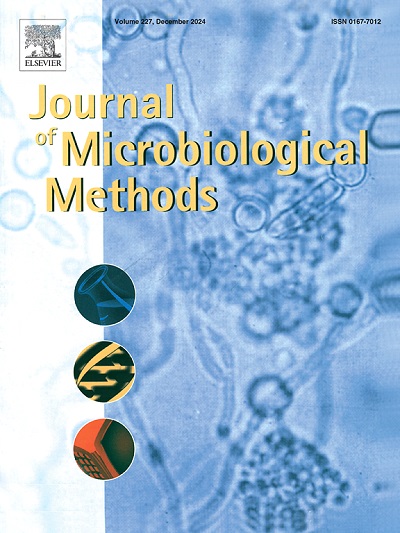Exploring omics approaches in probiotics: Contemporary developments and prospective pathways
IF 1.9
4区 生物学
Q4 BIOCHEMICAL RESEARCH METHODS
引用次数: 0
Abstract
The application of omics technologies in combination with bench investigations has brought about a significant transformation in the field of probiotics, enabling a thorough investigation of the basic elements contributing to the probiotic activity. Genomics studies have decoded the complete set of genes of probiotic organisms, shedding light on beneficial traits and mechanisms of probiotic action. Transcriptomics analyses focus on gene expression patterns and investigate probiotic adaptation and functionality. Proteomic studies have revealed the intricate connections between proteins in probiotic cells and their relationship with the host environment. Metabolomic profiling has provided a comprehensive perspective on the metabolic pathways related to probiotic metabolism and the production of bioactive substances. The ongoing development of omics technology presents exciting opportunities for probiotic research, as it allows for a deeper exploration of probiotic-host interactions and the creation of advanced and tailored probiotics that offer specific health advantages. A comprehensive analysis of recent progress in genomics, transcriptomics, proteomics, and metabolomics related to probiotics is presented in this review.

探索组学方法在益生菌:当代发展和前景途径
组学技术与实验研究相结合的应用为益生菌领域带来了重大变革,使益生菌活性的基本要素得以深入研究。基因组学研究已经解码了益生菌生物的全套基因,揭示了益生菌的有益特性和作用机制。转录组学分析侧重于基因表达模式和研究益生菌的适应和功能。蛋白质组学研究揭示了益生菌细胞中蛋白质之间的复杂联系及其与宿主环境的关系。代谢组学分析提供了与益生菌代谢和生物活性物质产生相关的代谢途径的全面视角。组学技术的持续发展为益生菌研究提供了令人兴奋的机会,因为它允许更深入地探索益生菌与宿主的相互作用,并创造先进和定制的益生菌,提供特定的健康优势。本文综述了近年来与益生菌相关的基因组学、转录组学、蛋白质组学和代谢组学的研究进展。
本文章由计算机程序翻译,如有差异,请以英文原文为准。
求助全文
约1分钟内获得全文
求助全文
来源期刊

Journal of microbiological methods
生物-生化研究方法
CiteScore
4.30
自引率
4.50%
发文量
151
审稿时长
29 days
期刊介绍:
The Journal of Microbiological Methods publishes scholarly and original articles, notes and review articles. These articles must include novel and/or state-of-the-art methods, or significant improvements to existing methods. Novel and innovative applications of current methods that are validated and useful will also be published. JMM strives for scholarship, innovation and excellence. This demands scientific rigour, the best available methods and technologies, correctly replicated experiments/tests, the inclusion of proper controls, calibrations, and the correct statistical analysis. The presentation of the data must support the interpretation of the method/approach.
All aspects of microbiology are covered, except virology. These include agricultural microbiology, applied and environmental microbiology, bioassays, bioinformatics, biotechnology, biochemical microbiology, clinical microbiology, diagnostics, food monitoring and quality control microbiology, microbial genetics and genomics, geomicrobiology, microbiome methods regardless of habitat, high through-put sequencing methods and analysis, microbial pathogenesis and host responses, metabolomics, metagenomics, metaproteomics, microbial ecology and diversity, microbial physiology, microbial ultra-structure, microscopic and imaging methods, molecular microbiology, mycology, novel mathematical microbiology and modelling, parasitology, plant-microbe interactions, protein markers/profiles, proteomics, pyrosequencing, public health microbiology, radioisotopes applied to microbiology, robotics applied to microbiological methods,rumen microbiology, microbiological methods for space missions and extreme environments, sampling methods and samplers, soil and sediment microbiology, transcriptomics, veterinary microbiology, sero-diagnostics and typing/identification.
 求助内容:
求助内容: 应助结果提醒方式:
应助结果提醒方式:


